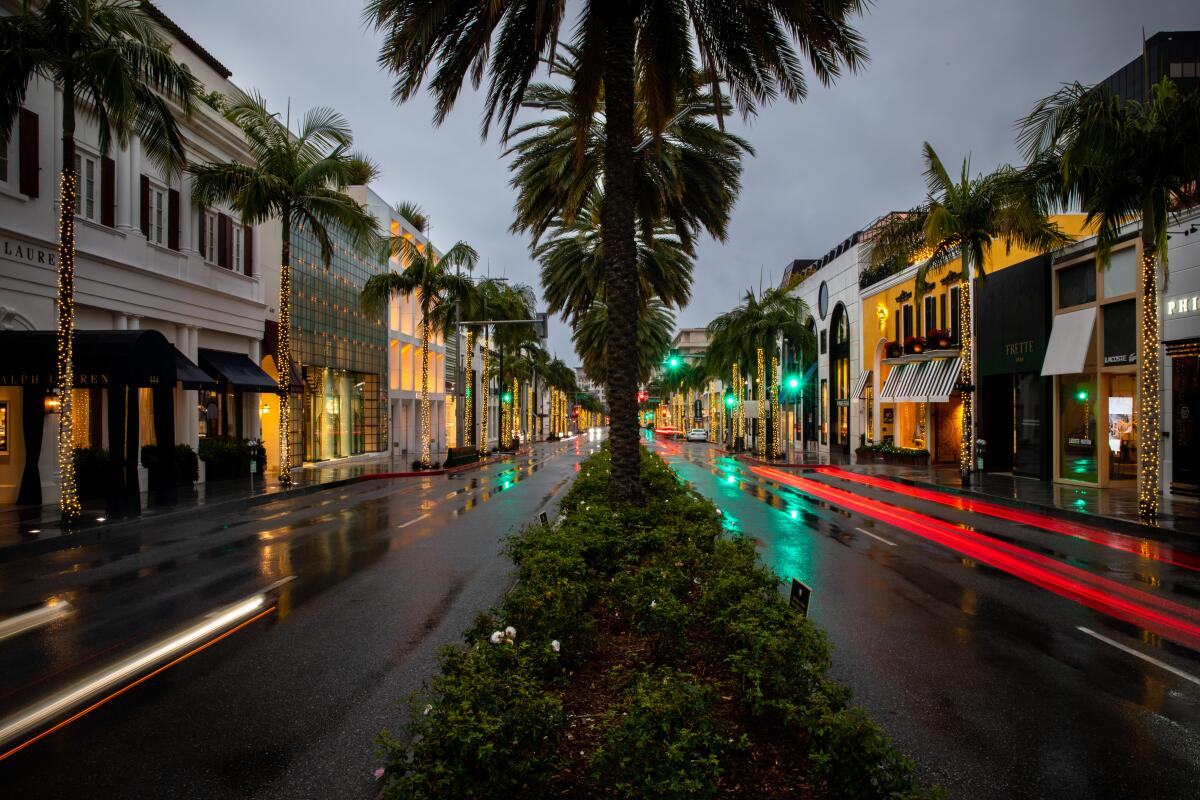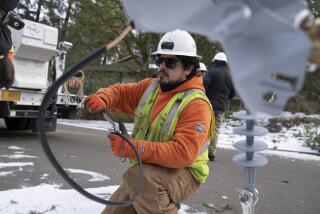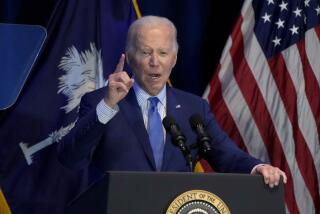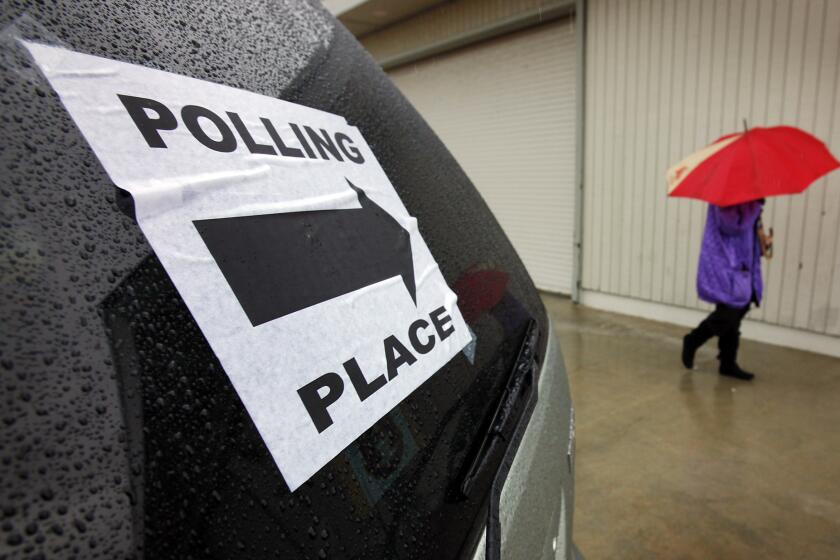American consumers, once bulwark of the economy, are rapidly losing confidence

WASHINGTON — In another warning sign of how hard the coronavirus crisis may punish the U.S. economy, American consumer confidence in March saw its sharpest drop since the Great Recession in 2008.
Until now, relatively high levels of confidence have consistently buoyed personal spending and the economy as a whole because 70% of total U.S. economic output, or gross domestic product, is tied directly to consumer spending.
Richard Curtin, director of the University of Michigan’s closely followed confidence survey, said the findings may significantly understate the reversal underway because most of its interviews were conducted before lockdowns and physical distancing were widely ordered in mid-March. The survey was released Friday.
Separate reports Friday provided some glimmers of hope. They showed American households entered the current crisis with solid income gains. In February, after-tax income, important for consumer spending, kept growing at about a 4% annual pace.
Anecdotal reports indicate online sales are also up sharply at many firms.
And House passage Friday of the roughly $2-trillion stimulus plan is expected to help lift consumer sentiments and spending, as well as the broader economy — at least for the immediate future.
The package includes direct payments of $1,200 to most individual taxpayers as well as a wide range of spending to boost unemployment compensation and to help keep people from getting laid off.
“If we could replace some of the lost income, that’ll provide a backstop for people to at least feel they have spending power when they need it,” said Jack Kleinhenz, chief economist at the National Retail Federation, a trade group.
The latest updates from our reporters in California and around the world
President Trump has been eager to lift restrictions that have kept millions of Americans hunkered down in their homes, and he has repeatedly predicted a sharp economic turnaround due to pent-up demand.
“I think we are going to have a tremendous rebound,” he said Friday before signing the $2-trillion bailout bill.
But many economists agree that the recovery is likely to be slow, not the quick snap back that Trump suggests.
“Will we have lingering issues that will mute some of the recovery? Yes,” said Shawn DuBravac, an economist who specializes in consumer electronics.
One big reason is uncertainty over the spread of the COVID-19 disease and the many months likely to be needed to produce a vaccine for widespread distribution.
Another reason for analysts’ concern is that many businesses and households have lost incomes and earnings, and the plunge in stocks has hammered people’s retirement finances, as well as their feelings of security.
The Dow Jones industrial average on Friday ended a three-day rally by falling 915 points and is now down 27% from its mid-February high.
The University of Michigan survey showed a sharp negative turn in people’s attitudes not just about current conditions but also future expectations for the economy and their personal financial situation.
Curtin said the latest survey data suggest that the economy has already entered a recession and that “the economic downturn could persist at least until the end of the year.”
The index saw an 11.9 percentage point drop, compared with a 12.7-point drop during the Great Recession.
“Perhaps the most important takeaway is that the largest proportion of consumers in nearly 10 years anticipated that the national unemployment rate will increase in the year ahead,” Curtin said.
Consumer confidence is closely linked to job and income trends, and both look ominous as layoffs have skyrocketed across the country.
Curtin said Friday that he doubts the economy will bounce back quickly after the worst of the pandemic passes.
Some spending will rise as people replace broken appliances and vehicles, but overall spending will “seriously diminish,” he said.
Even if consumers feel comfortable going out to shop again in physical stores, Curtin thinks many will put off big discretionary spending and instead save more money because of uncertainties.
“It’s an issue of their finances,” Curtin said. “Most households wish they had more cash on hand, and that’s going to continue in the next several months.”
On the bright side, consumers are spending substantially more at supermarkets and drugstores as well as other sellers of personal goods. And many Americans are buying more online than before.
Many California businesses have shuttered to limit the spread of the coronavirus, but construction continues after being deemed essential.
Garrett Breton, president of Comfort One Shoes, which operates 16 stores in Maryland, Virginia and Washington, D.C., said his company had its best-ever sales online Wednesday — up 140% compared with the same day a year ago. Some of the biggest increase has been in running shoes.
“I think what people are doing and able to do right now is to take walks with their families, go running and exercise outside,” Breton said.
He also sees a silver lining for future online sales in that many people who had never shopped over the internet are doing so now — and will probably continue after the health crisis ebbs.
Nationwide, online sales were growing even before the virus outbreak. In the fourth quarter, e-commerce sellers sold $158 billion worth of goods, accounting for 11.4% of total retail sales, the highest on record, according to Commerce Department data.
But at Comfort One Shoes, online sales make up about 18% of the company’s revenue. And Breton said the company could have trouble stocking merchandise in the coming months as most of his shoes are imported from Europe, which almost certainly will fall into a deeper recession than the United States.
Breton expects all of his stores to stay closed for another two weeks, and then for business to come back gradually.
“It’s going to be a slow climb out,” he said.
More to Read
Get the L.A. Times Politics newsletter
Deeply reported insights into legislation, politics and policy from Sacramento, Washington and beyond. In your inbox three times per week.
You may occasionally receive promotional content from the Los Angeles Times.












